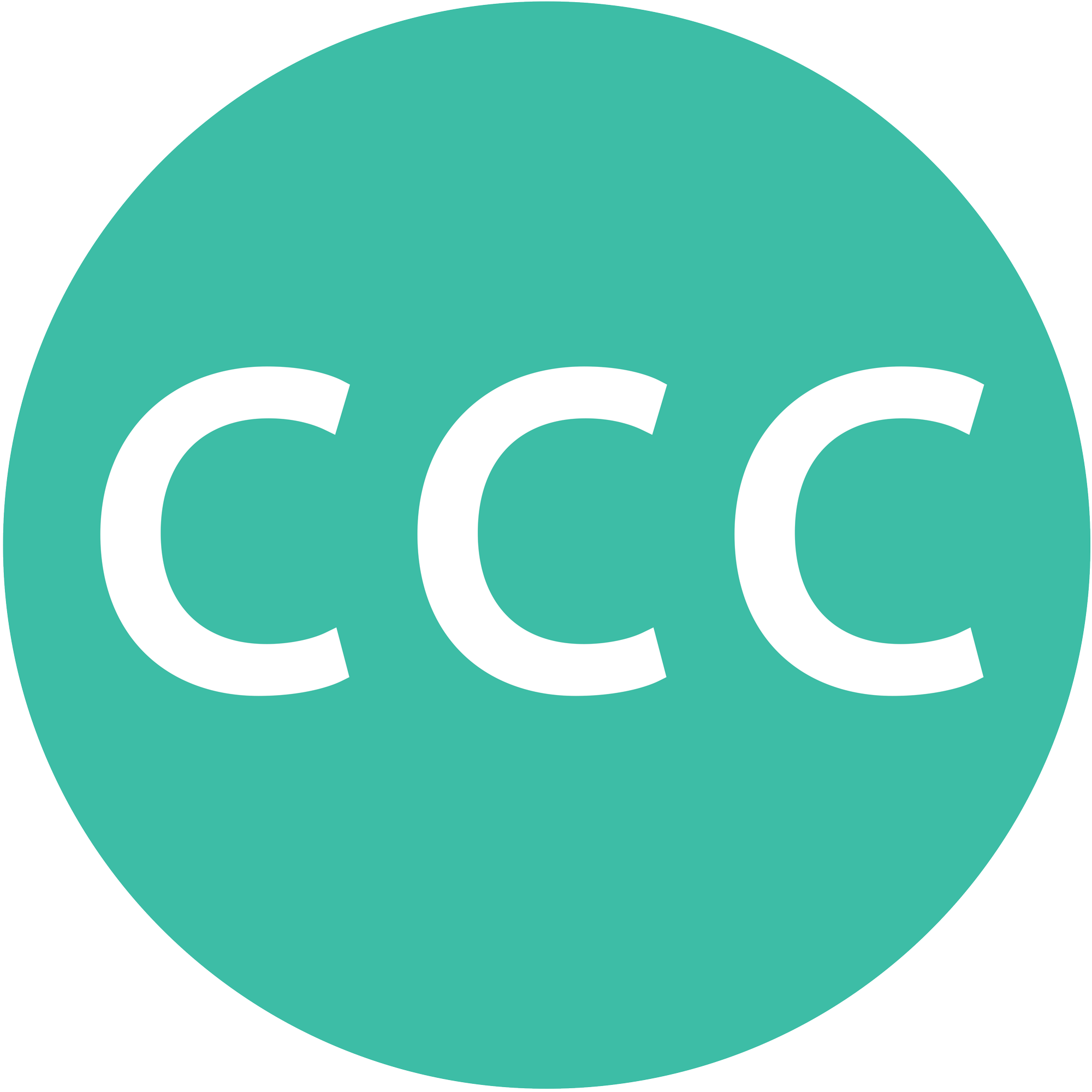Other Voices

For Many, There’s No Such Thing as a Good Billionaire. What Does That Mean for Philanthropy?
It was the billionaire news of July. Space-racing tycoons: a drama of vaunting ambitions and phallic symbolism culminating in a back-on-Earth press conference by the biggest billionaire of them all, clad in a jumpsuit and a cowboy hat. All told, the “billionaire space race” and its associated pageantry turned out to be a public relations misstep, adding to a rising tide of frustration with the wealthiest among us, regardless of flashy philanthropic announcements that may have earned them accolades in a different era.

Warren Buffett and the Myth of the ‘Good Billionaire’
The worst billionaires are the Good Billionaires. The sort who make it seem like the problem is the distortion of the system when, in fact, the problem is the system….It’s a set of social arrangements that make it possible for anyone to gain and guard and keep so much wealth, even as millions of others lack for food….

Lessons for Local Philanthropy: What We’ve Learned So Far —
Catherine Crystal Foster is CEO and Co-Founder of Magnify Community, a 3-year effort to encourage Silicon Valley donors to both give more and give to their community. This was, in effect, a research project, and what she has learned is very much in line with what we are seeing with the Crisis Charitable Commitment effort. For example, she notes how the “’income’ rather than ‘wealth’ mindset affected the way donors approached … the size of their philanthropic checks…”

Philanthropy Is Still Underfunding Black Liberation
We’ve been saying that philanthropy is about answering three essential questions: where to give, how to give and how much to give. The CCC focuses on “how much,” but it is very much connected to both “where” and “how.” Perhaps nowhere is this more clear than in regards to funding racial equity. Robin Beck, president of the Max and Anna Levinson Foundation, and Machi Garza, organizing director at the Solidaire Network, make a compelling case that leads to their own question: “…just how much is enough to right centuries of wrongs?”

Do the Math: Foundations Can Afford to Advance the Nation’s Covid Reset
Fewer than a third of foundations pledged to increase the share of assets they distributed to meet Covid needs. That means that even as some foundations made admirable and sweeping commitments to do more, nonprofits struggled, businesses closed, and families lost loved ones.

Our Democracy Is Faltering, but We Can’t Rely on Philanthropy to Save It
I have to include this incredible piece by CCC signer Ellen Friedman, executive director of the Compton Foundation. It highlights the dilemma we face at the Crisis Charitable Commitment: on the one hand, we want foundations and UHNWIs to be more philanthropic, to give more, and we emphasize giving to protect democracy; on the other hand, in the long run relying on rich people and rich foundations to save democracy is a really bad idea. My comment, not hers, is that unloading the piggybanks now in support of voting rights, election integrity, and equal participation serves the dual purpose of reducing the influence of the rich in the future.

The Myth of Perpetuity in Foundation Strategy
The Lodestar Foundation funded a study by Katie Smith Milway and William Galligan that concludes that private foundations should “revisit their purpose, rethink their compact with government and society, and ask themselves where paying out more, sooner, may better solve, versus merely serve, the problems at hand.”

IT’S FINALLY OVER, BUT NOT MUCH TO CHEER ABOUT
As odious as he is, Donald Trump surpassed expectations, getting over 68 million votes, 48 percent of the total vote, and – here’s the worst part – five million more people voted for him than last time! You may see the glass half full. After all, you argue, Joe Biden’s still in the White House, with a chance to reunite the country and get things done on COVID-19, jobs, and climate change. Not me. I see the glass almost empty.

This Is No Fleeting Crisis—It’s the New Normal. Are Foundations Ready to Get Serious?
“the 95% of foundation assets that CEOs and trustees choose not to put to charitable use each year course through the arteries of our unjust economy, extracting more wealth each year than foundations give away.”

Philanthropy in Crisis: Part I
Chuck Thompson, whose forthcoming book on status and wealth in America will be published by Simon & Schuster, interviews a panel of philanthropy all-stars–Farhad Ebrahimi, Ellen Friedman, Glen Galaich, Scott Moyer and Stephen Prince–to discuss their responses to COVID-19 and racial inequity, the morality of spend-down foundations, the immorality of hoarding wealth and a tax system at its breaking point.
